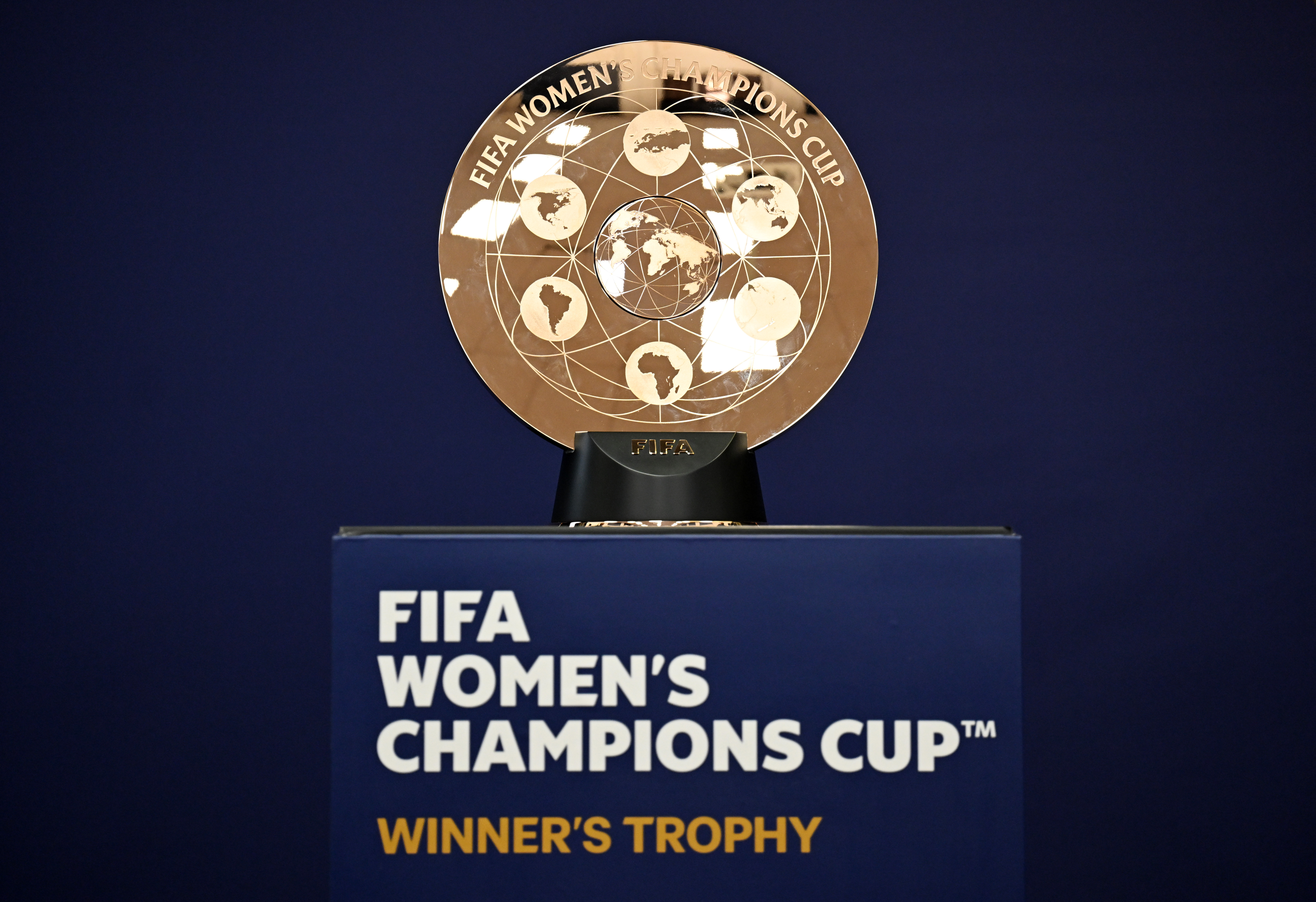Are tactics ruining Rooney's dreams?
The last thing Wayne Rooney needs right now is more advice. But as his 25th birthday nears, he must sense that, as a man and a footballer, his life is approaching a tipping point. One serious misstep and the genius once billed as the white Pele could become another English footballer who promised greatness but never quite achieved it.
Watching his games at Euro 2004 â and that hat-trick on his debut for Manchester United against Fenerbahce just over six years ago â I was reminded of Franz BeckenbauerâÂÂs famous analysis of Gazza at Italia 90: âÂÂA true footballer from the streets, defiant, crafty and intrepid like the leader of a boyâÂÂs gang. Behind his angular forehead, he would cook up ideas you just didnâÂÂt expect.âÂÂ
And this summer, even when the Kaiser was at his most contemptuous of EnglandâÂÂs kick and rush football, the Manchester United and England striker was exempt from BeckenbauerâÂÂs general scorn. The World Cup winner as player and coach noted: âÂÂIf Rooney can catch a little on fire, England will be a threat to anyone.âÂÂ
But the World Cup didnâÂÂt spark Rooney in the slightest. And in the months since, the star has dominated the tabloid front pages in a manner unseen since the absurdity of Gazzamania, prompting a thousand columnists to ask: what is wrong with Wayne Rooney?
Celebrity, peace and joy
Celebrity is, John Updike once suggested, the mask that eats away at the face underneath. Both George Best and Gazza discovered, at immense personal cost, the truth of UpdikeâÂÂs observation. Now Rooney is discovering it too. It didnâÂÂt take many years of tabloid scrutiny before Gazza confessed that the only place he felt at peace was on a football pitch.
The best features, fun and footballing quizzes, straight to your inbox every week.
You wonder if Rooney has already begun to feel the same. Except that, these days, his body language does not often suggest joy. Which does beg the question: has Rooney fallen out of love with football?
It happens. And given the colossal failure of EnglandâÂÂs World Cup campaign, it would not be that surprising. Officially, professional footballers are supposed to put such disappointments behind them or use the rage to fuel their quest for self-improvement. But the reality is that failures, especially of such magnitude, are much harder to manage than such mantras might suggest.
Why, after all, did Rooney become a footballer in the first place? Because he was very good at itâ and because he dreamed of emulating such geniuses as his boyhood idol, Maradona.
As daft as some of RooneyâÂÂs off the pitch activities might seem, nobody has ever suggested he is unintelligent about football. And the contrast between Maradona in 1986 and Rooney in 2010 will have hurt him. He now knows he has at best two more opportunities to live up to his idol in a World Cup. Even at 25, the opportunities for Rooney to prove his greatness are diminishing.
In Rome in May 2009, Rooney sat in the Manchester United dressing room, processing the unexpectedly comprehensive manner of his sideâÂÂs defeat, and concluded: âÂÂWe lost to the best team in the world.â Winning the UEFA Champions League was the best moment of his career. But in the two years since Moscow, UnitedâÂÂs progress to the business end of this competition no longer seems assured.
The dreams that inspire players like Rooney are not necessarily the same as those that inspire their coaches. Arsene Wenger once said a coachâÂÂs duty is to encourage creativity, not destroy it. In that respect, Rooney has been lucky with the licence granted him by Sir Alex Ferguson â if not by successive England managers. He has the technique and the vision to do the unexpected but he has not inspired as many YouTube moments as Messi or Maradona.
In many ways RooneyâÂÂs all-round game has improved significantly, but it has also become less spectacular: for example, he has not scored from outside the area in 65 games for Manchester United.
He must watch BarcelonaâÂÂs No10 with awe and envy. And he may wonder if it is his peculiar misfortune to have grown up in the wrong football culture. Because Beckenbauer had a point. The prevailing mentality in English club football is still kick and rush.
ThereâÂÂs only one Brian Talbot!â¨
Rooney, who has the best technique of any English footballer of his generation, is often celebrated not for what sets him apart from other footballers but for the very trait he shares with such mediocre midfield workhorses as Brian Talbot: he runs a lot.
We grant Rooney the freedom to use his legs when what he really needs to grow as a footballer is the freedom to use his brain. (To be fair, he might be given his head if he played in either Serie A or La Liga.) In many respects, RooneyâÂÂs predicament is symptomatic of the game, which is now dominated by discussion of formations, tactics and shapes. The triumph of the coach is symbolised by the fact that Real Madrid signed only one galactico this summer: Jose Mourinho. Great news for coaches and columnists with chalkboards, but is it really good for the game?
The implausible dreams that inspired Rooney to become a footballer are the fantasies that underpin football. If we canâÂÂt be the next Maradona, the next best thing is to watch the making of one. And if Rooney canâÂÂt fulfil his dreams, I fear for football.
When we look up this era on whatever YouTube is called a decade or two from now, what clips of action will we be watching: Rafa Benitez sitting in the dugout writing notes?
 Join The Club
Join The Club





